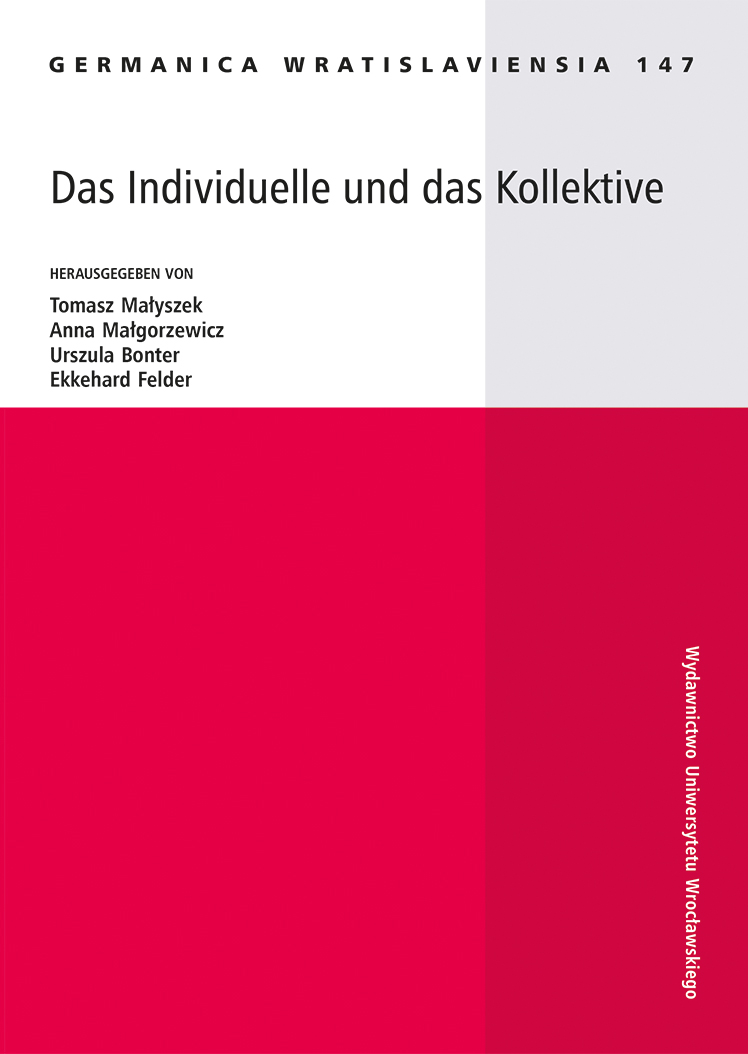

Linguistics

The study aims to investigate the processing of three simultaneously activated languages. Two types of tasks are used: the recognition and correction of L2-based errors in L3 and the translation in three directions: L3–L1, L3–L2, and L2–L3. As the results show, all three languages participated in the processing and a relatively important role was played by the “association of foreignness”: the German meanings of the literally translated idioms as well as false friends were activated in the English sentences, and the sentences were often understood as if those words and expressions existed in English. Some errors were also due to intralingual interaction, for example, the confusion of “Unterkunft” (accommodation) and “Zukunft” (future).